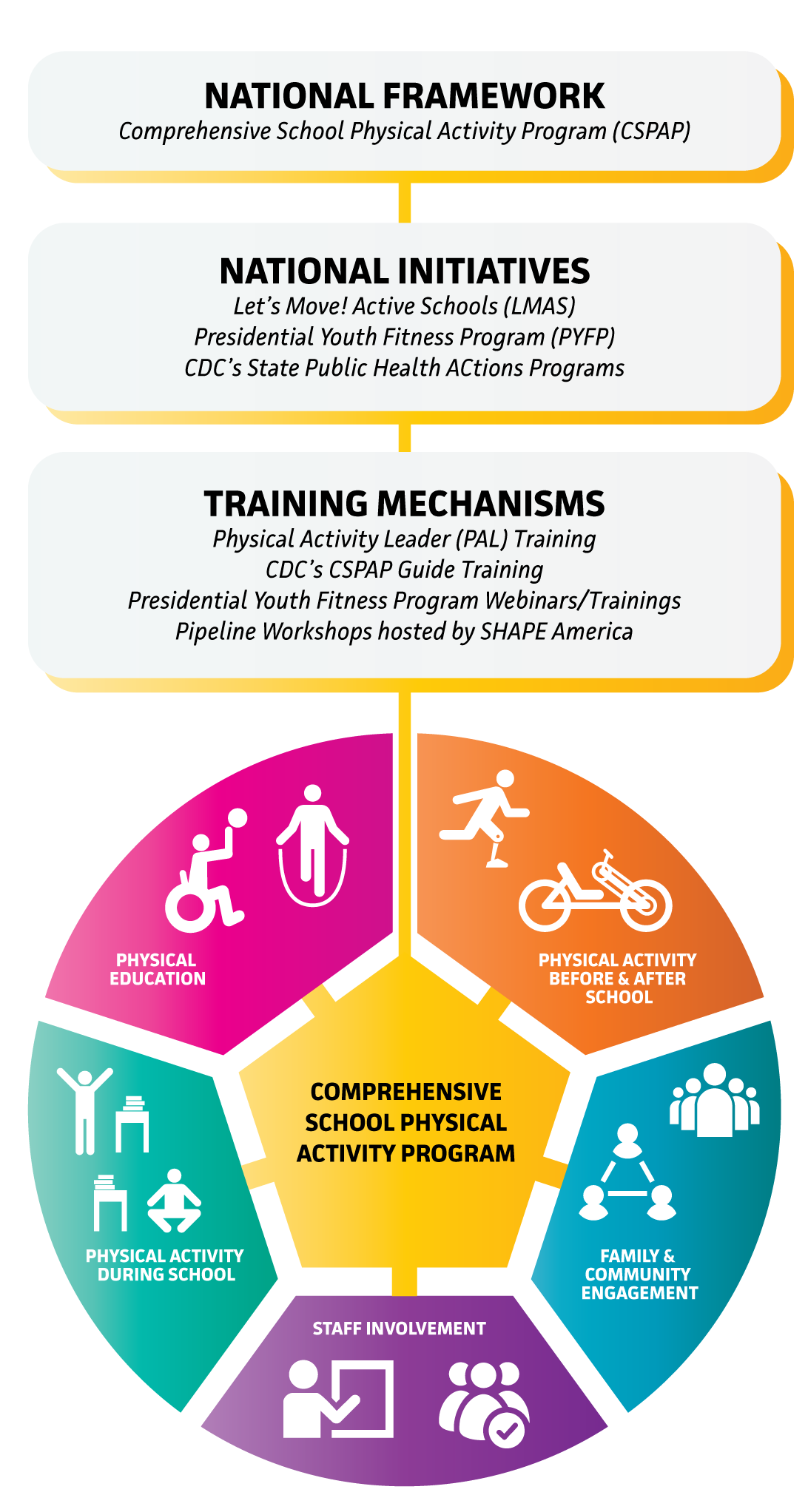
Holistic Family Wellness: Nurturing Health Together
Family wellness is a collective journey towards physical, mental, and emotional well-being. This article explores the importance of holistic family wellness education, offering insights and practical tips for families to nurture health and harmony together.
Understanding Holistic Family Wellness: A Comprehensive Approach
Holistic family wellness extends beyond physical health to encompass mental, emotional, and social well-being. It recognizes the interconnectedness of family members and emphasizes a comprehensive approach that considers various aspects of health. This includes healthy lifestyle choices, effective communication, and the promotion of positive relationships within the family unit.
Promoting Healthy Lifestyle Habits: A Family Affair
Family wellness education begins with the promotion of healthy lifestyle habits. Encourage regular physical activity, a balanced diet, and sufficient sleep for every family member. By making health-conscious choices collectively, families can create an environment that supports overall well-being. Establishing these habits early contributes to a lifetime of positive health outcomes.
Open Communication Channels: Fostering Emotional Well-Being
Effective communication is a cornerstone of family wellness. Create open channels for family members to express their thoughts, feelings, and concerns. Foster a supportive and non-judgmental atmosphere where everyone feels heard and understood. Strong emotional connections within the family contribute to a resilient and emotionally healthy environment.
Holistic Mental Health Education: Breaking Stigmas
Family wellness education should include mental health awareness and destigmatization. Equip family members with knowledge about mental health, emphasizing that seeking help is a sign of strength. Foster a supportive attitude towards mental well-being, encouraging open conversations about emotions and providing resources for mental health support.
Quality Time and Bonding Activities: Strengthening Connections
Quality time spent together is invaluable for family wellness. Engage in bonding activities that cater to each family member’s interests. Whether it’s family dinners, game nights, or outdoor adventures, these activities foster strong connections, promote happiness, and contribute to a positive family dynamic.
Financial Wellness: Navigating Economic Stability
Financial well-being is a crucial aspect of holistic family wellness. Provide education on responsible financial management, budgeting, and saving. Discussing financial goals as a family and working together towards them promotes a sense of security and reduces stress related to economic concerns.
Digital Wellness: Balancing Screen Time and Connectivity
In the digital age, it’s essential to address the impact of technology on family wellness. Educate family members about the importance of balancing screen time, maintaining healthy online habits, and fostering real-world connections. Implement digital wellness practices that prioritize face-to-face interactions and quality family time.
Conflict Resolution Skills: Building Resilient Relationships
Conflicts are inevitable in any family, but having effective conflict resolution skills is crucial for family wellness. Teach family members how to express themselves assertively, listen actively, and find compromises. Building these skills contributes to resilient relationships and a harmonious family environment.
Preventive Healthcare Practices: Prioritizing Well-Being
Holistic family wellness includes a focus on preventive healthcare. Schedule regular check-ups, vaccinations, and screenings for every family member. Emphasize the importance of proactive healthcare practices in preventing illnesses and maintaining optimal well-being.
Family Wellness Education: Your Resource for Health
For additional resources and guidance on holistic family wellness education, explore Family Wellness Education. This dedicated platform offers valuable information, expert advice, and tools to support your family’s journey towards health and harmony.
In conclusion, embracing holistic family wellness involves a multifaceted approach that addresses physical, mental, and emotional well-being. By incorporating healthy lifestyle habits, fostering open communication, and prioritizing preventive healthcare, families can create an environment that nurtures health and strengthens their bond. Family wellness education serves as a guide for navigating the collective journey towards a healthier and happier family life.




